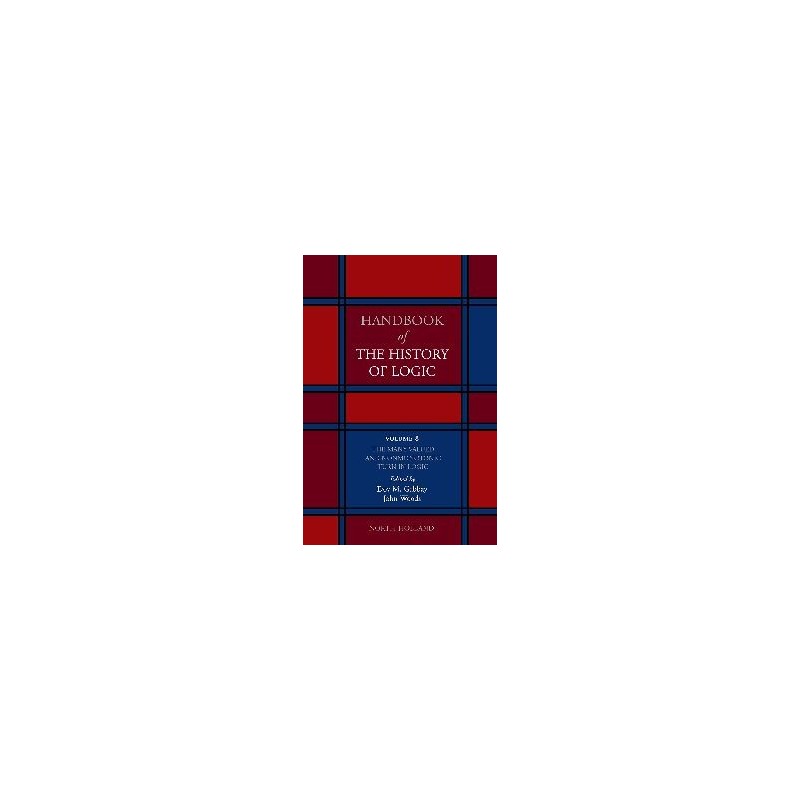- Out-of-Stock



ROSA3D filament made of PA12 nylon with the addition of carbon fibers. 1 kg of filament with a diameter of 1.75 mm is wound on the spool. ROSA3D PA12 + CF15
No product available!
ROSA3D filament made of high-quality PET-G granules. 3 kg of filament with a diameter of 1.75 mm is wound on the spool. ROSA3D PET-G Standard White
No product available!
ROSA3D filament made of high-quality PET-G granules. 3 kg of filament with a diameter of 1.75 mm is wound on the spool. ROSA3D PET-G Standard Gray
No product available!
ROSA3D filament made of high-quality PET-G granules. 3 kg of filament with a diameter of 1.75 mm is wound on the spool. ROSA3D PET-G Standard Black
No product available!
ROSA3D filament made of high-quality PET-G granules. 3 kg of filament with a diameter of 1.75 mm is wound on the spool. ROSA3D PET-G Standard Transparent
No product available!
ROSA3D filament made of PA12 nylon with the addition of carbon fibers. 0.5 kg of filament with a diameter of 1.75 mm is wound on the spool. ROSA3D PA12 + CF15
No product available!
ROSA3D filament made of high-quality PLA granules. 0.8 kg of filament with a diameter of 1.75 mm is wound on the spool. ROSA3D PLA Starter Navy Blue Transparent
No product available!
ROSA3D filament made of high-quality PLA granules. 0.8 kg of filament with a diameter of 1.75 mm is wound on the spool. ROSA3D PLA Starter Natural Transparent
No product available!
ROSA3D filament made of high-quality PET-G granules with the addition of carbon fibers. 0.5 kg of filament with a diameter of 1.75 mm is wound on the spool. ROSA3D PET-G + CF
No product available!
ROSA3D filament made of high-quality biopolymer with wood particles. 0.5 kg of filament with a diameter of 1.75 mm is wound on the spool. ROSA3D BioWOOD
No product available!
ROSA3D filament made of high-quality PET-G granules. 0.8 kg of filament with a diameter of 1.75 mm is wound on the spool. ROSA3D PET-G Standard Red Transparent
No product available!
ROSA3D filament made of high-quality PLA granules. 0.8 kg of filament with a diameter of 1.75 mm is wound on the spool. ROSA3D PLA Starter Winter White
No product available!
ROSA3D filament made of high-quality PET-G granules. 0.8 kg of filament with a diameter of 1.75 mm is wound on the spool. ROSA3D PET-G Standard Juicy Orange
No product available!
ROSA3D filament made of high-quality PET-G granules. 0.8 kg of filament with a diameter of 1.75 mm is wound on the spool. ROSA3D PET-G Standard Army Green
No product available!
ROSA3D filament made of high quality PVB. 0.5 kg of filament with a diameter of 1.75 mm is wound on the spool. ROSA3D PVB Smooth Yellow
No product available!
ROSA3D filament made of high quality PVB. 0.5 kg of filament with a diameter of 1.75 mm is wound on the spool. ROSA3D PVB Smooth Turquoise
No product available!

